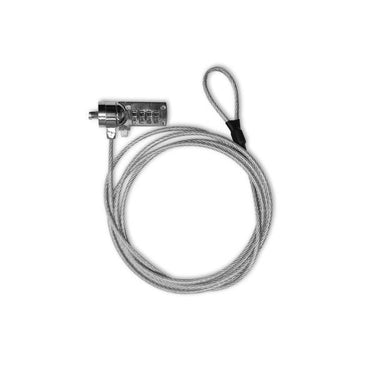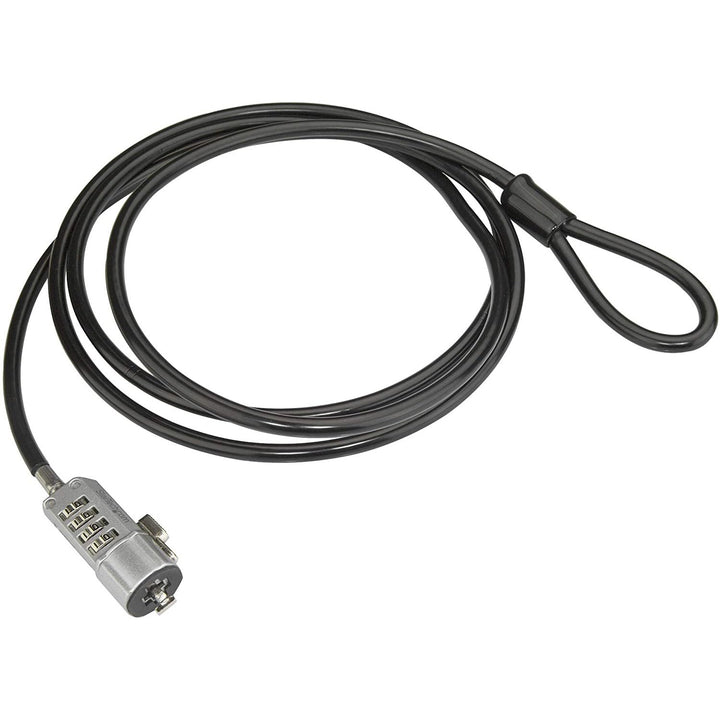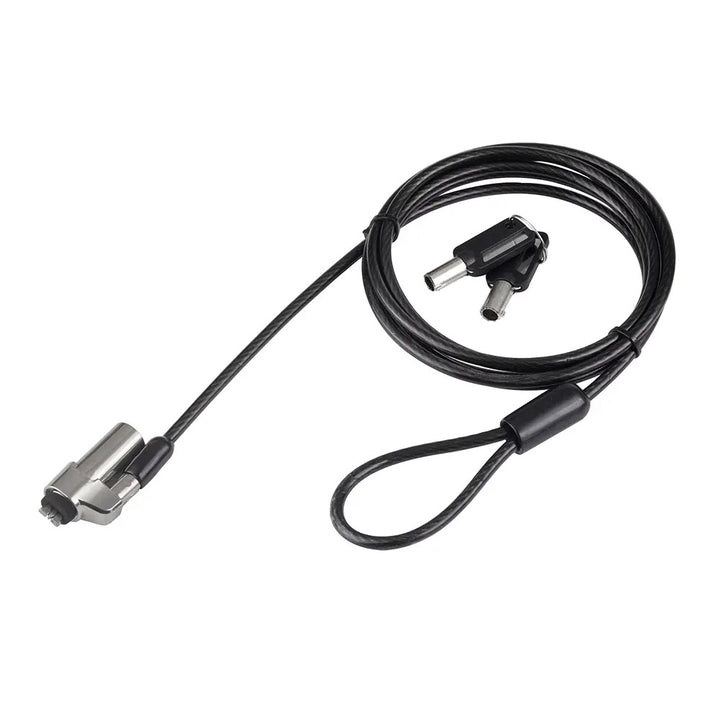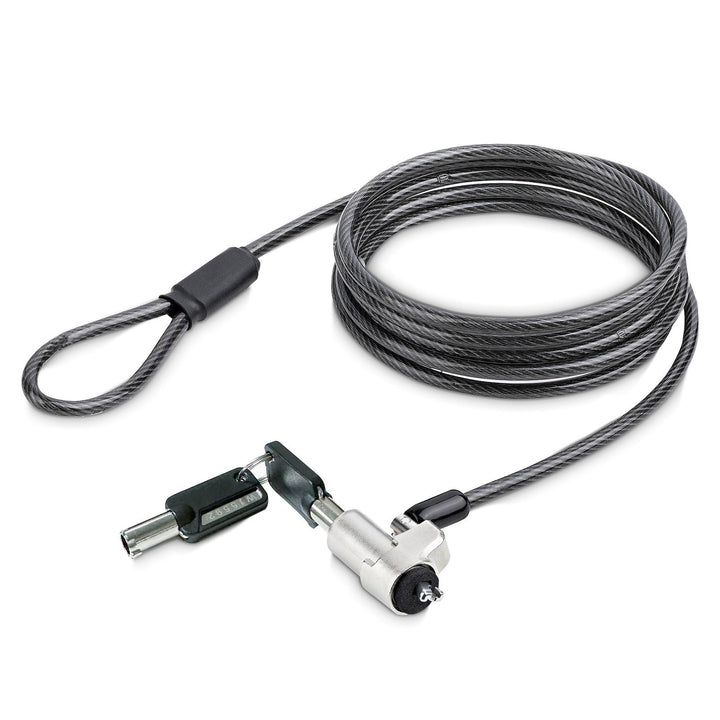Exploring Laptop Lock Standards
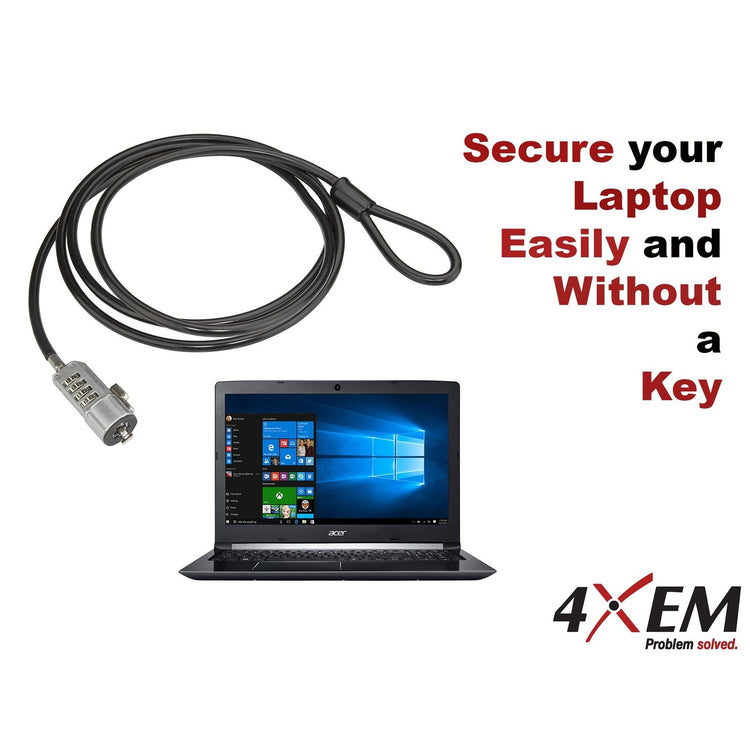
In a world dominated by technology, laptops have become an indispensable part of our lives. From work and education to entertainment, these portable devices hold a wealth of personal and sensitive information. Ensuring their security has never been more important, and this is where laptop lock standards come into play. In this article, we'll delve into the three prominent laptop lock standards: Kensington, Kensington Mini, and Noble locks.
Kensington Locks: A Pioneer in Laptop Security

The Kensington lock, often referred to as the "K-slot," is a well-established and widely recognized standard for laptop security. Named after the company that introduced it, the Kensington lock features a small, sturdy metal loop on the laptop itself, which can be secured using a specially designed cable lock. The other end of the cable is connected to an immovable object, such as a desk or a wall. This prevents opportunistic thefts by physically tethering the laptop to its surroundings.
Kensington locks offer a balance between convenience and security. They're relatively easy to install and can be quickly attached and detached, allowing users to secure their laptops while working in public spaces like coffee shops, libraries, or co-working spaces. However, they may not be suitable for environments with high security requirements, as determined thieves can potentially defeat these locks with enough time and effort.
Kensington Mini: Compact Solution, Enhanced Security
Recognizing the need for a more secure solution, the Kensington Mini lock standard was introduced. The concept remains similar to the traditional Kensington lock, but with a smaller and more robust design. This improved version addresses some of the vulnerabilities that the original Kensington locks faced. The smaller profile of the Mini lock makes it harder for thieves to gain leverage and break the lock, enhancing the overall security of the laptop.
The Kensington Mini lock is particularly popular among professionals who often find themselves working in shared spaces or attending conferences. Its compact size makes it easy to carry in a laptop bag, and its enhanced security features offer peace of mind in situations where laptop theft is a concern.
Noble Locks: Raising the Bar on Laptop Security
A relatively newer player in the laptop lock arena, Noble locks have quickly gained a reputation for their high-security standards. Noble locks feature a unique design with a keyless locking mechanism, utilizing a barrel-style key that offers enhanced tamper resistance. The lock itself is constructed to be more resistant to picking and manipulation.
Noble locks are commonly found in enterprise and business environments where sensitive data protection is paramount. Organizations that deal with confidential information or proprietary data can benefit from the heightened security provided by Noble locks. However, it's worth noting that these locks might be bulkier and less convenient for everyday use compared to their Kensington counterparts.
Choosing the Right Lock for Your Needs
When deciding on a laptop lock standard, it's essential to consider your specific use case and security requirements. If you frequently work in public spaces and value convenience, a traditional Kensington lock or its Mini variant might be suitable. On the other hand, if you're working with sensitive data and prioritize higher security, Noble locks could be a better fit.
Featured 4XEM Products
Laptop lock standards like Kensington, Kensington Mini, and Noble offer various levels of security and convenience. By understanding their features and differences, you can make an informed decision to protect your valuable laptop from theft and unauthorized access. Whether you're a student, professional, or business owner, choosing the right laptop lock standard can go a long way in safeguarding your digital life.
